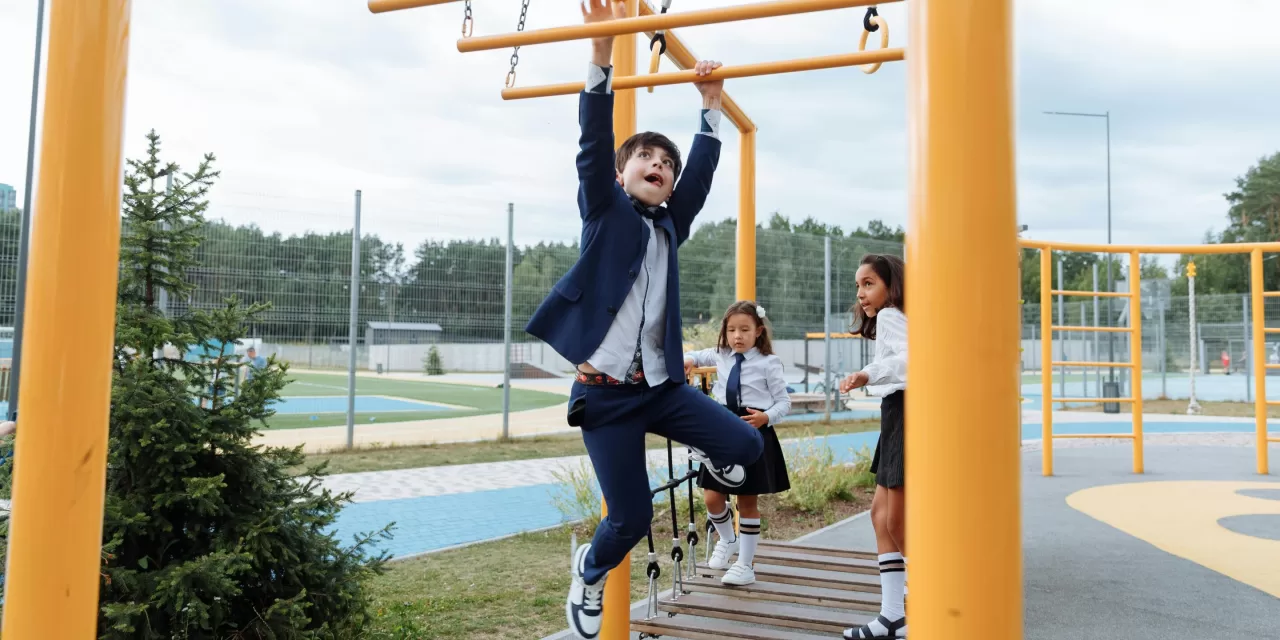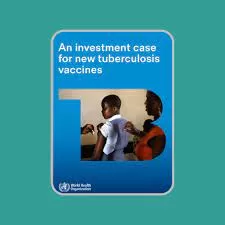JYVÄSKYLÄ, Finland – April 5, 2025 – Encouraging children to spend time playing outdoors independently and participating in a variety of sports can significantly boost their motor competence, according to new research from the University of Jyväskylä, Finland.
A longitudinal study, following over 600 children for three years from early childhood education into primary school, found clear links between these activities and the development of crucial motor skills. The findings, published in the Journal of Sports Sciences, suggest that even relatively small amounts of outdoor time can make a difference.
Researchers at the Faculty of Sport and Health Sciences discovered that time spent outdoors was particularly associated with better motor skills in girls. “Just 30 minutes of daily outdoor time after a day at childcare predicted better motor competence in school-age girls,” stated Nanne-Mari Luukkainen, a doctoral researcher and university teacher involved in the study.
Interestingly, the same direct link between outdoor time and motor competence wasn’t observed in boys. The study noted that boys were significantly more physically active overall, which might explain why the specific impact of additional outdoor time wasn’t as statistically evident for them in this research context.
Beyond unstructured outdoor play, the study strongly confirmed the benefits of engaging in multiple sports. “We found a connection between multisport and the development of motor competence,” Luukkainen confirmed. “Engaging in two or more sports during early childhood education predicted better motor competence later in school age.”
The research highlights that both independent outdoor time and organised multisport participation play unique and important roles. Developing strong motor competence in childhood is considered a foundational element for maintaining physical activity levels and leading an active lifestyle later in life.
“Based on the results, coaches and physical education teachers should consider the importance of both organized and non-organized physical activities in the holistic development of children and encourage children to engage in diverse physical activities,” Luukkainen emphasized.
The study, part of the broader “Skilled Kids” and “Active Family” research projects, meticulously tracked 627 children (initially aged 3-8, followed up at ages 6-11) from 23 different locations across Finland, ensuring a representative sample through random selection based on geography and population density. While previous studies hinted at these connections, this longitudinal research provides stronger evidence by observing the same children over time.
Disclaimer: This news article is based on information provided regarding a study published in the Journal of Sports Sciences (DOI: 10.1080/02640414.2025.2460892). It summarises key findings for informational purposes and should not be taken as specific developmental or health advice. For complete details and context, please refer to the original scientific publication.












